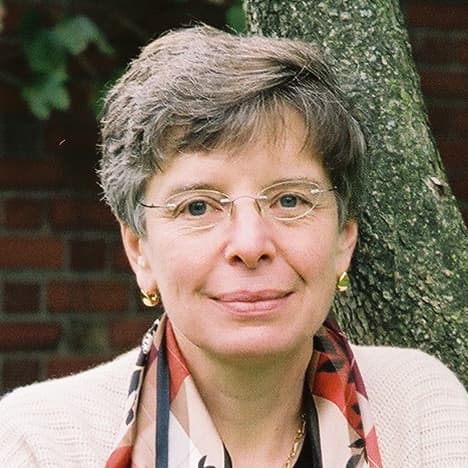Advertisement
Toward A Better America: Readjusting The Value Of Low-Paid, High-Commitment Work

It was a sunny Sunday, and we were enjoying brunch with a friend we hadn’t seen for a while. The conversation was engaged and pleasant until our friend, filling us in on his new daughter-in-law, suddenly became angry as he was speaking about her.
What had she done? She had chosen to work as a grade school teacher. Why did her choice infuriate him? Because she wouldn’t earn enough money to help pay the couple’s school debt, buy a house or educate their children.
The United States has gone in an opposite direction from the one my generation wanted and anticipated, when we hoped to make poverty disappear and see the middle class prosper.
Since I am a clinical social worker happily married to a school teacher, I clenched my teeth in irritation at the blunt comment. It felt devaluing, harsh and personal. I bristled. So he’s saying she’s a bad wife, and I’m a chump married to a chump? And then I thought, I would be proud if either of our grown children decided to teach grade school… Finally, a reality check: Stop being so self-righteous. Your mom paid for your children’s college. What if she hadn’t? What if she hadn’t left you some money so that you don’t have to bear the full economic brunt of your own choices? You’d be scrambling, and struggling with debt and very possibly ruing your decisions.
The more I pondered our conversation, the more I was able to separate my friend’s worry, which I understand, from the way he phrased it, which put me off. My parents had no money when I was young. They felt wary of giving it too much importance — of allowing it to overshadow other virtues — and passed along to me an aversion to ostentation and greed. By the time my father made some money (through the unlikely route of writing fiction), I was already embracing the 1960s’ counterculture values that put working for the common good above personal gain and that led me to social work.
But now I wonder: Would I choose differently today? The United States has gone in an opposite direction from the one my generation wanted and anticipated, when we hoped to make poverty disappear and see the middle class prosper. Instead, the rich have gotten insanely richer. Everyone else is juggling credit cards.
Incomes have become so grotesquely skewed that anyone who chooses to teach is choosing a tougher path. So, too, with pursuing social work, or working in the public sector or for a non-profit; or working as a union organizer, an adjunct professor, a nurse or a public defender. Choosing any of these important, wonderful professions — thanks to our country’s ever-widening income divide — disproportionately disadvantages the young adult whose peers choose careers in finance, big-business or corporate law.
It’s one thing to make a career choice that commits you to earning less. It’s another to be judged harshly for it — or devalued. We too closely, too narrowly, link wealth and public regard. Offer to serve the underserved and your status falls. And because it’s so hard to live in the middle class and pay the mortgage, any decision not to pursue the big salary can make you seem (and feel) imprudent.
...we can decide to reverse a corrosive societal trend by cutting the ridiculous gap between the super rich and the rest; and putting that money toward all manner of useful ends, from lowering college debt, to raising the minimum wage.
If people work harder, or take bigger risks, or seek out difficult, specialized training or just get very lucky, I am glad for them to earn more than I do. But not 50 or 300 or 1,000 times more. That kind of income disparity chews up the social fabric. Wealth of that magnitude can’t help but breed greed, with its motto, “I’ve got mine. Too bad for you.”
And anyway, do the CEOs and financiers who are dealing themselves multi-million dollar salaries and bonuses really work harder than teachers wrangling small children all day or grading papers into the night? Are they seeking out more difficult training and labor than public defenders trying to get justice for people who can't otherwise afford private lawyers? Does their daily stress level approach that of nurses quietly saving lives in intensive care units? Overall, are they taking a bigger risk than all the Americans who choose to work not for their own gain, but to nudge a society toward greater compassion? I’m not so sure.
Whatever else, it seems that my friend’s anger signals a social divide that threatens to become a chasm. It is also a wake-up call: Time for the rest of us to come to our senses. We can either fret ever more when our daughters-in-law choose service. Or we can decide to reverse a corrosive societal trend by cutting the ridiculous gap between the super rich and the rest; and putting that money toward all manner of useful ends, from lowering college debt, to raising the minimum wage.
And we'd all get a bonus that money cannot buy. Paying more to many and less to a few would go a long way toward energizing people’s self worth. It would restore a stronger sense of shared purpose. And it would invigorate our vision of public good.
Related:
